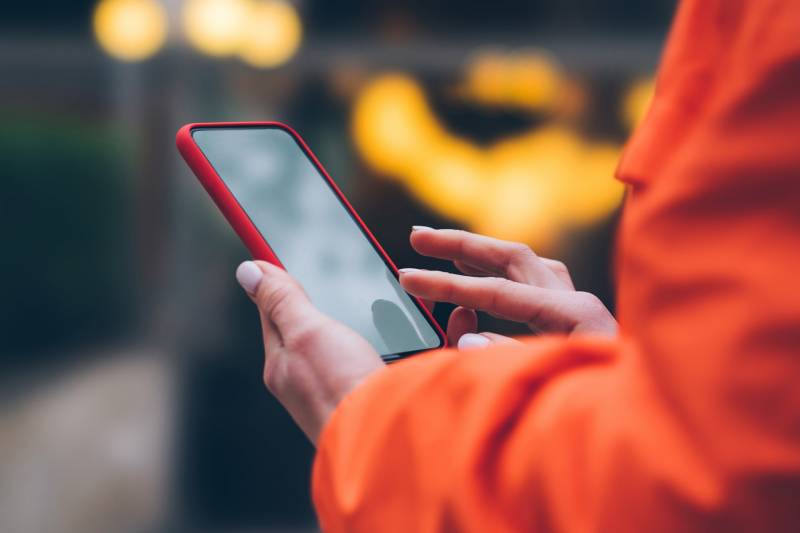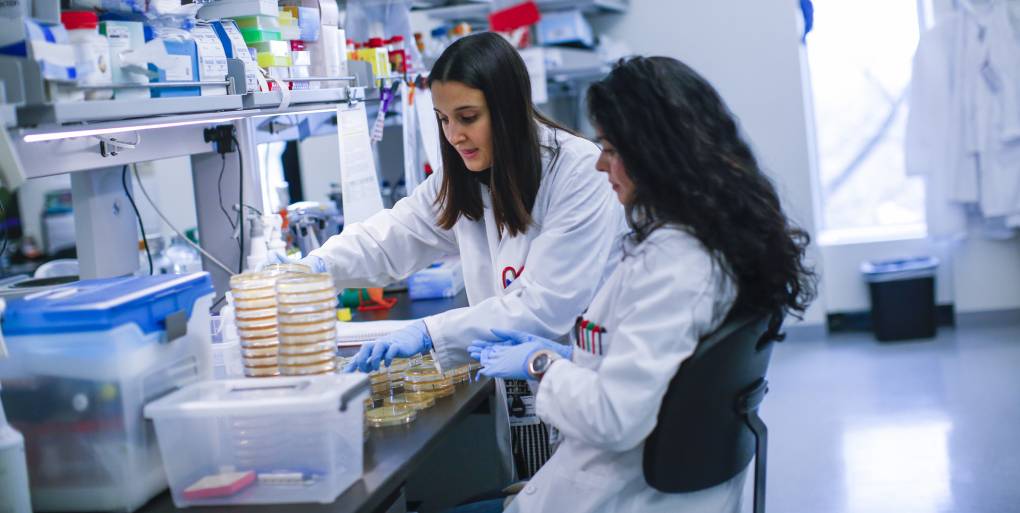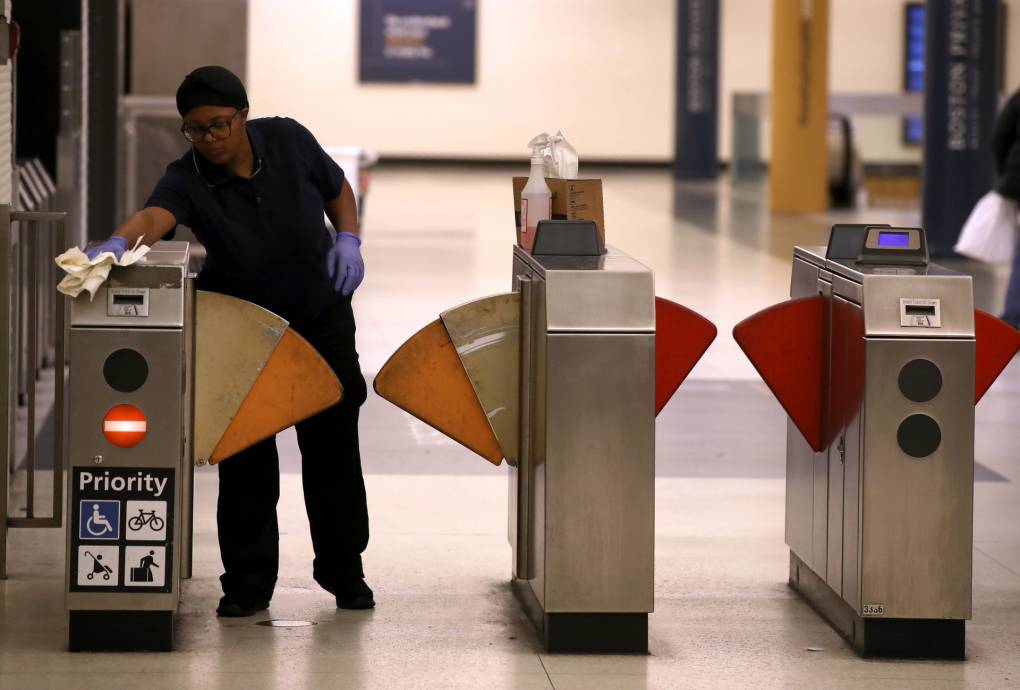Should I be concerned about pets or other animals?
According to the CDC, while the virus may have initially spread through animal contact in China, there is “no reason to think that any animals or pets in the United States might be a source of infection with this new coronavirus.”
Are infected people being quarantined in California?
Yes, the locations in California are: Travis Air Force Base in Fairfield, the March Air Reserve Base in Riverside and the Marine Corps Air Station in Miramar near San Diego.
Will there be screenings at California airports?
Some, yes.
On Feb. 2, the Department of Homeland Security announced that “all flights from China and all passengers who have traveled to China within the last 14 days” will be routed through one of 11 airports.
The airports, which include SFO and LAX, can provide enhanced screenings to passengers and can quarantine people as necessary.
Non-stop flights from SFO to and from Wuhan have been canceled since Jan. 22. Additionally, the weekly number of flights to and from China were set to be reduced by about 50% starting Feb. 4, according to SFO spokesperson Doug Yakel.
SFO is not requiring airport employees and passengers to wear masks based on guidance from the CDC and San Francisco Department of Public Health.
“These health experts are telling us that at this point, masks are not necessary, and there’s nothing yet to prove that these are required to prevent the spread of coronavirus,” Yakel said.
I heard there were issues with the CDC’s coronavirus test kits. Is that true?
Yes, some.
At a press conference on March 12, Gov. Gavin Newsom said California currently has the capacity to run over 8,000 diagnostic tests for COVID-19. But Newson also stressed that not all of the kits sent to the state’s labs are complete.
“The test kits do not include in every case the RNA extraction kits, the reagents, the chemicals, the solutions that are components of the broader test,” Newsom said. “This is imperative that the federal government and labs across the United States, not just the state of California, get the benefit of all the ingredients that are components of the test.”
Newsom made the analogy to purchasing a printer without an ink cartridge.
“I am surprised this is not more of the national conversation. We need to focus in on these tests.”
Newsom said the state is distributing components of the test kits throughout the state’s 18 labs that currently run tests for the virus.
“Some labs have tests, but don’t have the reagents. We’re sending those reagents down to those labs.”
Of the state’s testing capacity, Newsom said: “They are improving, but there are still challenges and we need to own up to that, and we need to be forthright and honest about what those are.”
During a news briefing on Feb. 12, officials with the CDC said some of the coronavirus test kits it sent to states the previous week were producing “inconclusive laboratory results.”
“We are working closely with them to correct the issues. And, as we’ve said all along, speed is important but equally or more important in this situation is making sure that the laboratory results are correct,” said Dr. Nancy Messonnier, director of the National Center for Immunization and Respiratory Diseases.
There are rumors that someone can be contaminated with this coronavirus by consuming raw or undercooked meat. Is that true?
Yes and no.
According to the CDC, the outbreak in Wuhan, China, may have been originally linked to some seafood and animal markets. But the majority of the outbreak seems to now be person-to-person transmissions.
As for the U.S.?
“I’ve not seen any data or statements in the scientific or public health literature to support raw or uncooked meat as a source of novel coronavirus,” Philip said.
I heard I should avoid grocery shopping in the first few days of April to make sure that families who get low-income food benefits, like Women, Infants and Children (WIC), have access to the food they need. Is that true?
That’s not quite correct. While some families may get their benefits during the first few days of April, others have their benefits staggered throughout the month. CalFresh recipients also have their benefits staggered across the first 10 days of each month.
In order to address concerns about scarcity at stores, officials with the state Department of Public Health said they’re working on adding food types and package sizes that were previously unavailable to WIC recipient to address any challenges participants may be having in getting their benefits.
The Associated Press contributed to this report.
This story will continue to be updated.
Are you concerned about this coronavirus? Share your questions below. Or email us at talk@kqed.org to include photos, screenshots, video or a voice memo.



